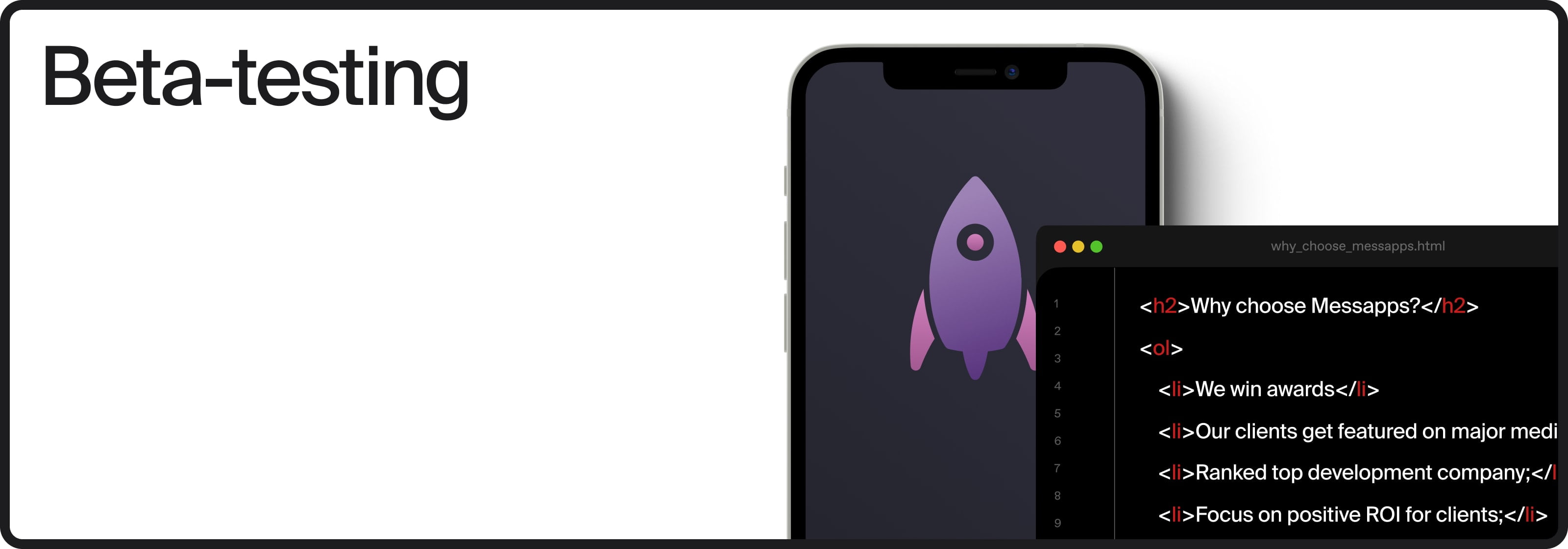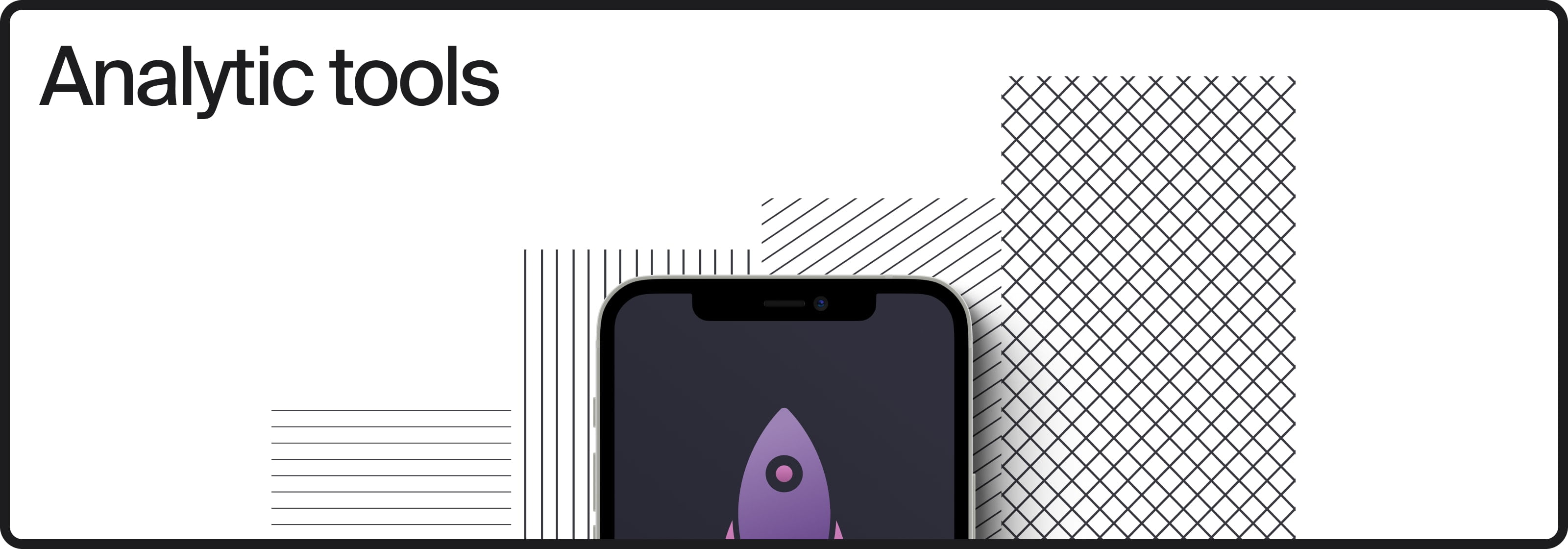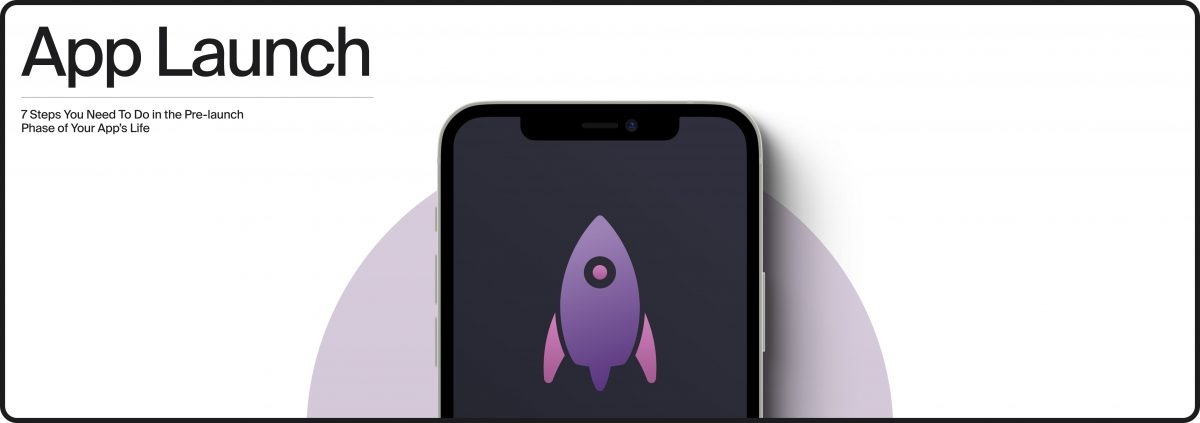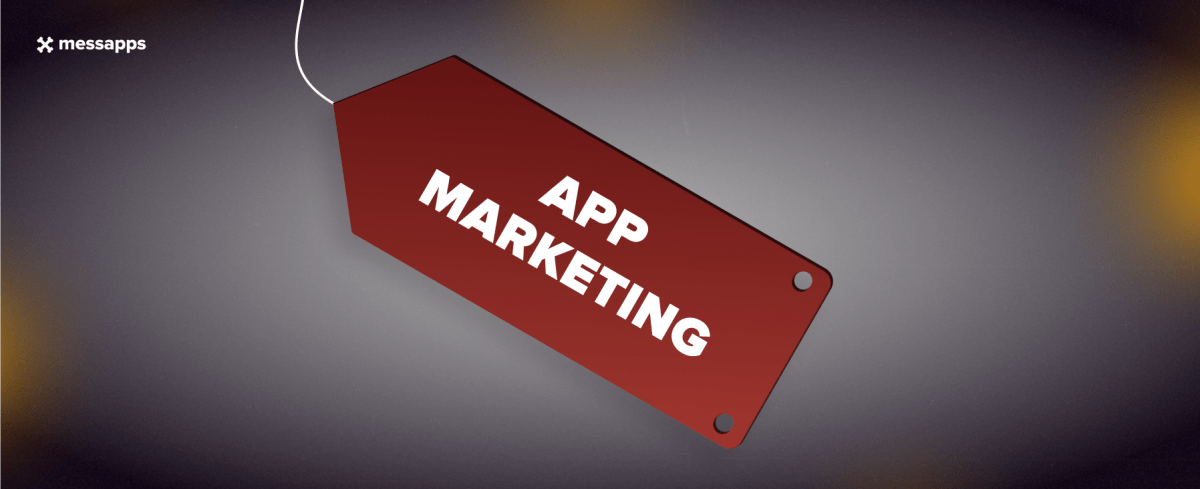Once you’ve entered the pre-launch phase in your app’s life, you must turn your attention over to marketing and planning. This part of the process is crucial to the success of your mobile app.
Launch a Dedicated Website
It is important for your app to have a website. Not a browser version of your app, but a website or a landing page that acts as an overview of the app and directs traffic to the App Store. This website must be clean, appealing, and clearly show potential users what the app is for and its main features.
It must also have an obvious section that can be filled out for people to be notified (usually by email) of when the app is launched. This part is most important because external traffic is going to be directed here to help establish a potential initial user base. Make sure that all other forms of marketing for the app, including social media accounts and pre-launch reviews or press releases, direct the viewer to this website and the signup form.
Be sure to refer to the list below when creating your website to make sure you don’t leave out any important information:
- App logo and slogan.
- Brief overview of the app.
- Links to all social media accounts.
- A section to sign up to be notified of the launch.
- Detailed information about the main or unique features of the app with accompanying screenshots.
- App video (if it’s applicable).
- Additional screenshots of the features that have not yet been highlighted.
- Reviews of the app by the media (if applicable; otherwise design and develop this section of the website and keep it hidden until you have reviews).
- Contact form.
Post-launch changes
Once you launching an app, you’ll want to alter the website a bit to include:
- Reviews by the most valuable media in your industry.
- Links to download the app on all supported app stores.
- The section to sign up to be notified of the launch, now changed so the text invites users to subscribe to email updates.
Get Publicity
You’ll want to reach out to media outlets to get your app reviewed or feature a press release. Gathering these links back to your app-launch website will immensely help generate an initial user base. To generate publicity, you’ll need to reach out to relevant journalists and other writers with a link to a full press kit to make it easy for them to see all the information about your app in one place. Follow up if they don’t respond in a timely manner, and if they do show interest, direct them to a clean, bug-free beta version that they can try out. Social media and review websites are also great ways to get some buzz going about your mobile app!
Press Kit
Creating an informative press kit is crucial to get more press coverage. It should provide information on all the unique and important features of your mobile app. You need this to help media, bloggers, and influencers get an easy way to promote your mobile application.
To create a perfect Press Kit do not forget to include 5 things from the list below:
- Your app logo and Icon.
- App description.
- App Screenshots and video.
- Links to your website and social media.
- Your contact information.

Use beta testers
Not strictly necessary but highly recommended is for you to open a beta version of your app up to a beta tester group. This group is given exclusive access to the app before launch and is given the task of fully using the app and taking note of any bugs, unclear UI, annoying UX, or logic gaps, and general feedback about the app.
You can use platforms such as TestFlight to host the beta version of your app. Using beta testers is a great way to get fresh sets of eyes using your app. You, the designers, and/or the developers have been working on this app for a long time and are more likely to become accustomed to certain things that beta testers can point out.
Beta testing is a great way to get the first reviews of your app from your target audience. Once you gather all of this data, you can fix the important things that need fixing before releasing the final version to the public.
App-launch email blast
Sending an app launch email to your database. Comparing to the whole app development process it seems pretty simple, but it could have a big impact on your launching. Offering early-bird discounts and bonuses may boost your downloads.
Here are four things to keep in mind when you prepare an email for your subscribers.
- Personalize the subject line and greeting
- Create a value proposition
- Place a strong CTA in the launch email
- Showcase your app through high-quality images or video
If you would like to dive deeper into this topic, please check out our guide on 4 Email Marketing Strategies for Your App Launch.
App store optimization (ASO)
Using app store optimization is important for getting your app found by people who aren’t necessarily searching specifically for your app. Pre-launch ASO includes research into your competition and target market to analyze what keywords and designs will lead to the highest incoming traffic numbers.
The components that make up ASO are:
- App name with keywords
- Description with first lines that sell
- Keywords that are hidden from users but are used by the App Store in determining your rankings
- Eye-catching app icon
- Screenshots of the five most important, unique or interesting features of your app, with accompanying descriptive text.
- Video of the app in use to show UI and UX (optional but highly recommended)

Set up analytic tools
Before you launch your app, there is not much you can measure besides beta-testers – which are important to track – but it’s much harder to code these tools into the app after you launch it. They’re necessary to track your app’s data once it is launched, and will provide useful information for improving.
5 Best Mobile App Analytics Tools:
- App Analytics by Apple
- Kochava
- Flurry
- App Annie
- Firebase
Choose an app launch date
Selecting a good launch date can be the difference between getting 100 downloads on the first day and getting 1000. While you can’t control all big events to make sure they don’t happen on your launch date, you can do a little research and make sure you at least choose a date that does not overlap with any planned events. There has been researched into which day of the week is best for launch an app based on category, and for the most part, it has been found that the weekend is the best time to launch an app for most app categories (aside from business or medical apps, which generate the most revenue during mid-week).
Well in advance of your planned release date, you want to make sure your app has been fully approved by the App Store. Planning for a specific date is pointless if you’re being prevented from launching it on that day.
Plan a launch party
In the busyness of making sure your app launch goes off without a hitch, don’t forget to also plan a launch party! Not only do you deserve to celebrate, but a launch party can also get you an initial user base.
It doesn't have to be necessarily big. As the experience of last year shows us, you can make a successful event even online in the format of a presentation or webinar.
When planning an app launch party, you want to make sure the time of day and day of the week is optimal for the maximum number of guests.
Additionally, you’ll want to reach out not only to journalists and bloggers and invite them to cover your launch party and your app but also to your early adopters.
Finally, if you've decided to have an offline event, you’ll want to make sure your venue has wifi that can host all of your guests during this time so they can download your app. If your app is a paid app, you’ll want to consider giving guests a code to download the app for free.
Follow all of our guidelines while you’re still in the pre-launch phase, and you will be well on your way to a successful app!




